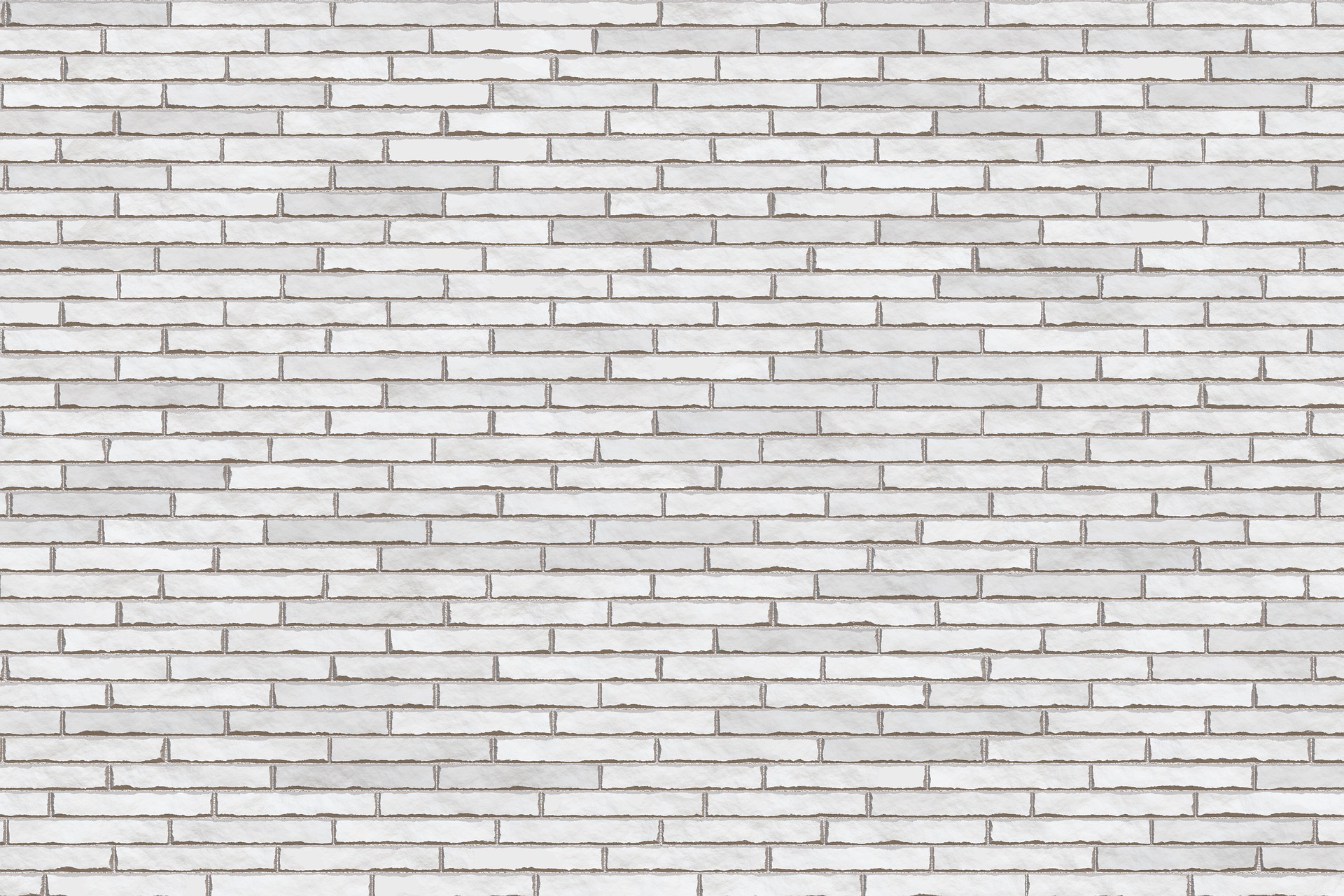

Overview of Canada's Anti-Dumping and Countervailing Investigative Processes
This is an overview of Canada’s anti-dumping and countervailing investigative processes. These are governed by the Special Import Measures Act (SIMA), which helps protect Canadian industry from material injury caused by the dumping and subsidizing of imported goods.
SIMA reflects Canada’s implementation of the World Trade Organization’s (WTO) Agreement on the implementation of Article VI of the General Agreement on Tariffs and Trade 1994 (the Anti-Dumping Agreement) and the Agreement on Subsidies and Countervailing Measures. The Canada Border Services Agency (CBSA) and the Canadian International Trade Tribunal (CITT) are jointly responsible for administering SIMA.
What is dumping?
Dumping occurs when goods are sold to importers in Canada at prices that are lower than the selling price of comparable goods in the country of export or when goods are sold to Canada at unprofitable prices. The amount of dumping on imported goods may be offset by the application of “anti-dumping” duty.
What is subsidizing?
Examples of subsidies:
- loans at preferential rates
- grants
- tax incentives
What is injury?
- reduced prices
- lost sales
- impacts on jobs and workers
- lost market share
- decreased profits and
- other such difficulties
When are anti-dumping or countervailing duty applied on imported goods?
These duties offset the price advantage caused by dumping or subsidizing and give Canadian industry an opportunity to compete fairly with the imported goods.
How does the process work?
What type of information is provided in a complaint?
For more information on the preparation of a complaint, please consult the Guidelines for Preparing a Dumping or Subsidizing Complaint.
How do I obtain documents related to an investigative proceeding?
What happens after a complaint is filed?
To ensure there is sufficient support by the Canadian industry for an investigation, producers representing at least 25 per cent of Canadian production must support the complaint. As well, there must be more support than opposition to the complaint within the Canadian industry.
If the CBSA determines that an investigation should be started, questionnaires will be sent to exporters, importers, and, in subsidy investigations, to the foreign government involved. The questionnaires are intended to collect detailed information on the alleged dumping or subsidizing of the imported goods and the CBSA will, as needed, meet directly with these parties to verify the information provided. This includes meeting with the respective associations or trade unions that are party to the complaint.
What is the role of the Canadian International Trade Tribunal (CITT)?
For more information relating to the CITT, please refer to its Web site.
What is the investigative process and how long does it take?
The process takes about seven months from when the CBSA starts an investigation until the CITT makes a final decision on the injury matter. The CBSA’s investigation and the CITT’s inquiry are conducted separately but both are carried out during the same time period.
The investigation process includes both a preliminary and final decision on the dumping or subsidizing of the imported goods. The CITT’s inquiry also includes a preliminary and a final decision. The CITT holds public hearings at the final stage of the investigation followed by its finding on the question of injury.
In order for an investigation to continue, the CITT must make a preliminary decision of injury and the CBSA must make a preliminary decision of dumping or subsidizing. Otherwise, all investigation will be terminated.
When are duties applied?
If the CITT issues a final injury decision, the CBSA impose anti-dumping or countervailing duties on all imports that are dumped or subsidized. This is generally imposed for a period of at least five years. Detailed information on how to properly declare and pay duties imposed under SIMA is provided in the Guide for Self-Assessing SIMA Duties.
More information on current SIMA measures in force can be found on the Web site.
What are undertakings?
Generally, these agreements with the CBSA result in a suspension of the CBSA’s investigation and the CITT’s inquiry. They provide a faster and less costly solution than the normal process. The CBSA does not collect temporary duties when an undertaking is in effect.
For more information on undertakings, please refer to the D-14-1-9 Memorandum or the Undertakings section in the Statement of Administrative Practices for the Special Import Measures Act Web page.
Are there specific measures to address non-market economy situations?
In such cases, the CBSA initiates a section 20 inquiry. Where it is determined that the situation described in Section 20 of the SIMA is applicable in a case, a different methodology will be used to determine the normal values of the goods originating in or exported from that country. As prescribed in SIMA, this may involve the determination of normal values using prices and costs of like goods in a third country (i.e. a “surrogate” country), or a determination made on the best information available.

